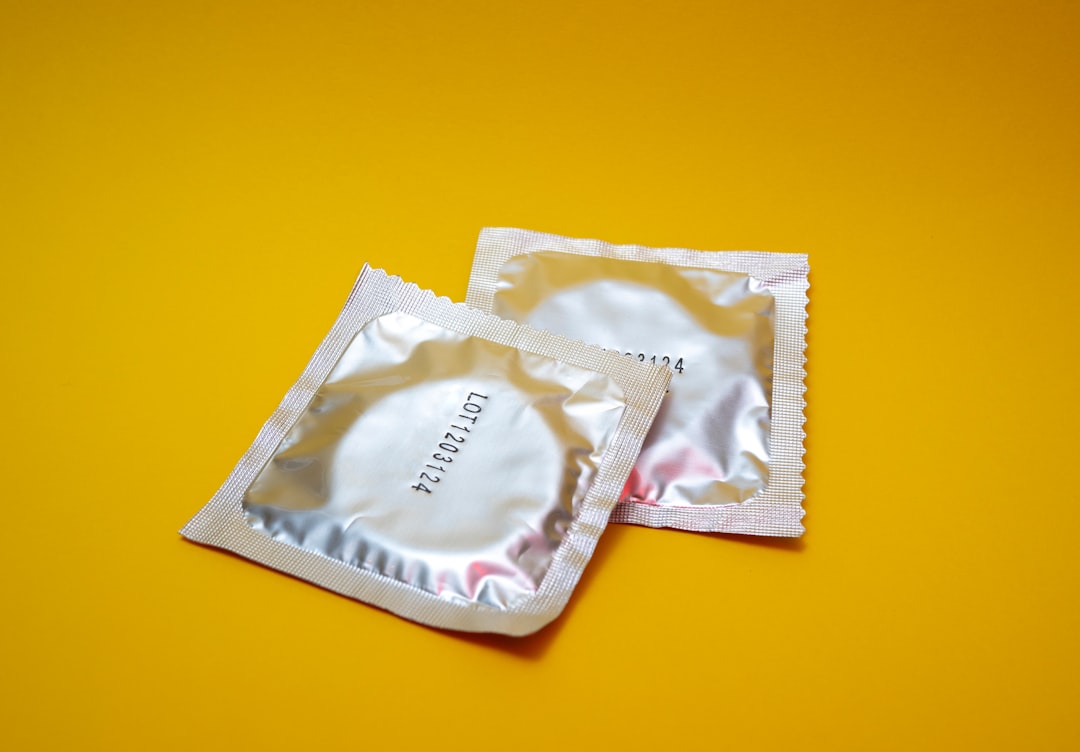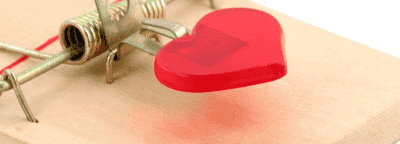
When it comes to preventing unwanted pregnancies, birth control plays a crucial role. With so many options available, it can be overwhelming to navigate through the different types of contraception. This article will explore various birth control methods and help you determine the most effective and suitable option for you.
What is Birth Control?
Birth control, also known as contraception, refers to methods or devices used to prevent pregnancy. By using birth control, individuals can make informed decisions about their reproductive health and family planning. It empowers them to have control over when or whether to have children.
What Birth Control is Best?
Choosing the best birth control method depends on individual preferences and health considerations. There are several options available, including hormonal methods like the pill, patch, or hormonal IUD, as well as non-hormonal methods like condoms or copper IUDs. Each method has its own advantages and disadvantages.
Hormonal methods, for example, provide highly effective pregnancy prevention and can help with managing menstrual symptoms, but they do require consistency and may have side effects. Non-hormonal methods, on the other hand, have fewer side effects but may be less effective in preventing pregnancy.
It is important to discuss these options with a healthcare provider to determine the best choice based on individual needs. Factors such as overall health, lifestyle, desire for future pregnancies, and personal comfort with the chosen method should all be taken into consideration. Ultimately, the best birth control method is the one that suits the individual’s needs and goals for their reproductive health.
The “best” birth control method varies from person to person. It depends on individual preferences, health conditions, and lifestyle. Some people may opt for hormonal methods such as the birth control pill or implant, while others may prefer non-hormonal options like barrier methods or fertility awareness methods.
How Does Birth Control Work?
Each birth control method works differently to prevent pregnancy. Hormonal methods, like the birth control pill, use synthetic hormones to suppress ovulation, thicken cervical mucus, and make the lining of the uterus less receptive to implantation. On the other hand, barrier methods physically block sperm from reaching the egg, preventing fertilization.
 What are the Most Effective Forms of Birth Control?
What are the Most Effective Forms of Birth Control?
When it comes to effectiveness, some birth control methods stand out. Hormonal methods, such as the birth control implant or intrauterine device (IUD), are highly effective at preventing pregnancy. These methods have over 99% effectiveness rates when used correctly. Other effective options include sterilization procedures like tubal ligation and vasectomy, which permanently prevent pregnancy.
What are the Types of Birth Control?
There is a wide range of birth control options available, catering to diverse needs. Barrier methods include condoms, spermicide, diaphragms, cervical caps, female condoms, and sponges. Hormonal devices encompass the birth control implant, IUDs, hormonal contraception, progestin-only pills, and the Depo-Provera shot. Fertility awareness methods, like the rhythm method, cervical mucus method, and basal body temperature, rely on tracking menstrual cycles to determine fertility. Abstinence, emergency contraception, and sterilization are other alternatives.
Barrier Methods
Condoms
Condoms are a popular and easily accessible form of barrier contraception. They are available for both males and females, providing a physical barrier between sperm and the cervix. Condoms are also effective at preventing sexually transmitted infections (STIs).
Spermicide
Spermicides are chemical substances that immobilize and kill sperm. They come in various forms, such as foams, creams, gels, and suppositories, and are used in conjunction with barrier methods like condoms or diaphragms for increased effectiveness.
Diaphragm
A diaphragm is a shallow, dome-shaped cup made of silicone or latex that is inserted into the vagina and covers the cervix. It acts as a barrier, preventing sperm from reaching the uterus. Diaphragms must be used with spermicide to enhance effectiveness.
Cervical Cap
Similar to a diaphragm, a cervical cap is a smaller, thimble-shaped device that fits snugly over the cervix. It blocks sperm from entering the uterus and can be used with spermicide for added protection.
Female Condom
The female condom, or internal condom, is a lubricated polyurethane pouch that lines the vagina and covers the cervix. It protects against both pregnancy and STIs. The female condom provides an option for individuals who find male condoms uncomfortable or prefer female-initiated methods.
Sponge
A contraceptive sponge is a soft, foam device that contains spermicide. It is inserted into the vagina before intercourse, where it covers the cervix and releases spermicide to immobilize sperm. The sponge can be left in place for up to 24 hours, offering protection against pregnancy during multiple acts of intercourse.
Hormonal Devices
Birth Control Implant
The birth control implant, also known as the “rod,” is a small, flexible rod inserted under the skin of the upper arm. It releases a low dose of progestin hormone, preventing pregnancy for up to three years. The implant is a reversible, highly effective, and discreet method of birth control.
Intrauterine Device (IUD)
An intrauterine device, commonly referred to as an IUD, is a small T-shaped device inserted into the uterus by a healthcare professional. There are two types of IUDs available: hormonal and copper. Hormonal IUDs release progestin, thickening cervical mucus and preventing fertilization. Copper IUDs work by creating a toxic environment for sperm, preventing fertilization.
Hormonal Contraception
Hormonal contraception refers to methods that use artificial hormones to prevent pregnancy. This includes the birth control pill, patch, and vaginal ring. These methods regulate the menstrual cycle, inhibit ovulation, and thicken cervical mucus to prevent sperm from entering the uterus.
Progestin Only Pills (Mini Pills)
Progestin-only pills, also known as mini pills, are oral contraceptives that contain a low dose of progestin hormone. They must be taken at the same time each day to ensure effectiveness. Progestin-only pills work by thickening cervical mucus and altering the lining of the uterus, making it less receptive to pregnancy.
Depo-Provera® (Birth Control Shot or Depo)
Depo-Provera is an injectable contraceptive that contains the hormone progestin. It is administered by a healthcare provider every three months. The shot prevents pregnancy by inhibiting ovulation and thickening cervical mucus. Depo-Provera is a convenient option for individuals who prefer a long-acting contraception method.
 Fertility Awareness Methods (Natural Family Planning)
Fertility Awareness Methods (Natural Family Planning)
Rhythm Method
The rhythm method, also known as the calendar method, involves tracking menstrual cycles to determine fertile and non-fertile days. It relies on understanding the pattern of the menstrual cycle and avoiding intercourse during fertile periods to prevent pregnancy.
Cervical Mucus Method
The cervical mucus method involves tracking changes in vaginal discharge throughout the menstrual cycle. As ovulation approaches, cervical mucus increases and becomes slippery, allowing sperm to survive longer inside the reproductive tract. By observing these changes, individuals can identify fertile days and choose to abstain from intercourse or use barrier methods during that time.
Basal Body Temperature
Basal body temperature refers to the body’s resting temperature. During ovulation, a woman’s basal body temperature increases slightly due to hormonal changes. By taking daily temperature readings, individuals can identify the fertile period and take necessary precautions to prevent pregnancy.
Abstinence
What is Abstinence?
Abstinence refers to the decision to not engage in sexual activity. It is the only surefire way to prevent pregnancy and sexually transmitted infections. While abstinence may not be a practical long-term solution for everyone, it is an option for individuals who wish to avoid the use of hormonal or barrier methods.
Emergency Contraception
What is the Morning After Pill?
The morning after pill, also known as emergency contraception or the “Plan B” pill, is a form of backup contraception used after unprotected intercourse or contraceptive failure. It contains high doses of hormones that prevent pregnancy by delaying or inhibiting ovulation.
Can You Use IUDs for Emergency Contraception?
Yes, IUDs can also be used as emergency contraception. Copper IUDs can be inserted up to five days after unprotected intercourse to prevent pregnancy. They work by interfering with sperm movement and preventing implantation of a fertilized egg.
What Else Should I Know about Emergency Contraception?
Emergency contraception should be used as a backup method and not as a routine form of birth control. It is essential to consult a healthcare professional to discuss options and understand the best course of action. Additionally, it does not protect against sexually transmitted infections.
Sterilization
Salpingectomy
Salpingectomy is a surgical procedure that involves the removal of the fallopian tubes. It is a permanent form of female sterilization and prevents eggs from reaching the uterus, thus preventing fertilization.
Tubal Ligation
Tubal ligation, also known as “getting your tubes tied,” is a surgical procedure that permanently seals or blocks the fallopian tubes. It prevents sperm from reaching the eggs, thereby preventing fertilization.
Vasectomy
Vasectomy is a surgical procedure for male sterilization. It involves cutting or blocking the vas deferens, the tubes that carry sperm from the testes. Vasectomy prevents sperm from being released during ejaculation, ensuring contraception.
Frequently Asked Questions About Birth Control
How Effective is Pulling Out?
While the withdrawal method, also known as pulling out or coitus interruptus, can be used as a form of contraception, it is not highly effective at preventing pregnancy. It requires skill and self-control to withdraw before ejaculation, and there is still a risk of pregnancy due to pre-ejaculate containing sperm.
 What Method is Best to Prevent Sexually Transmitted Infections (STIs)?
What Method is Best to Prevent Sexually Transmitted Infections (STIs)?
The best method to prevent sexually transmitted infections is the consistent and correct use of barrier methods, such as condoms.
Condoms act as a physical barrier, preventing the transmission of STIs during sexual intercourse. It is important to use a new condom for each sexual encounter and follow instructions for proper use.

 Fertility Awareness Methods (Natural Family Planning)
Fertility Awareness Methods (Natural Family Planning) What Method is Best to Prevent Sexually Transmitted Infections (STIs)?
What Method is Best to Prevent Sexually Transmitted Infections (STIs)?
